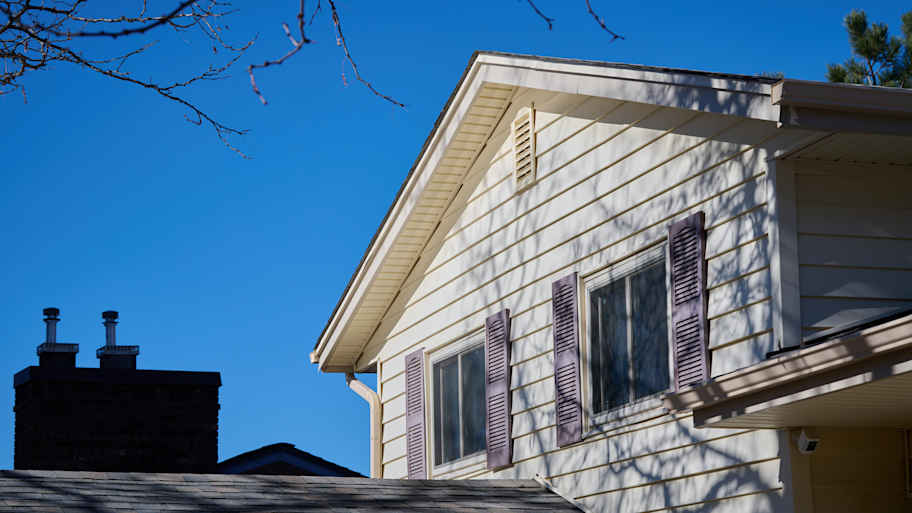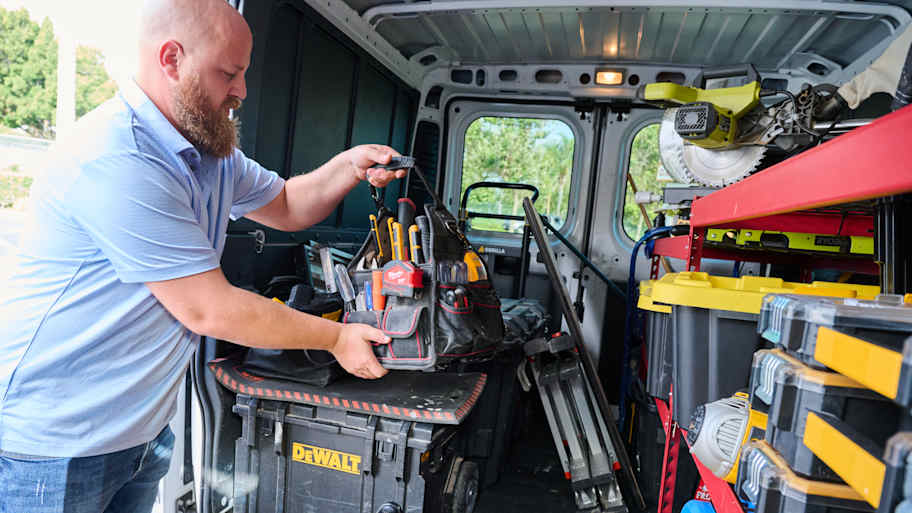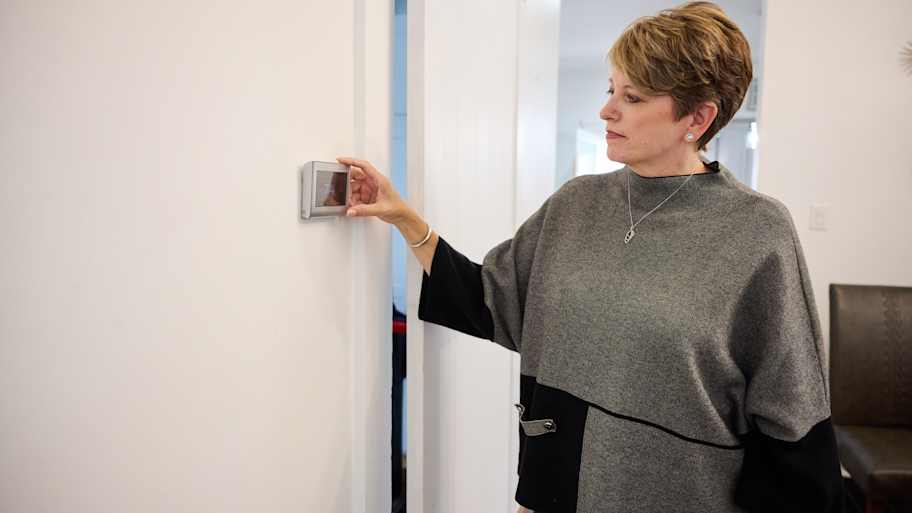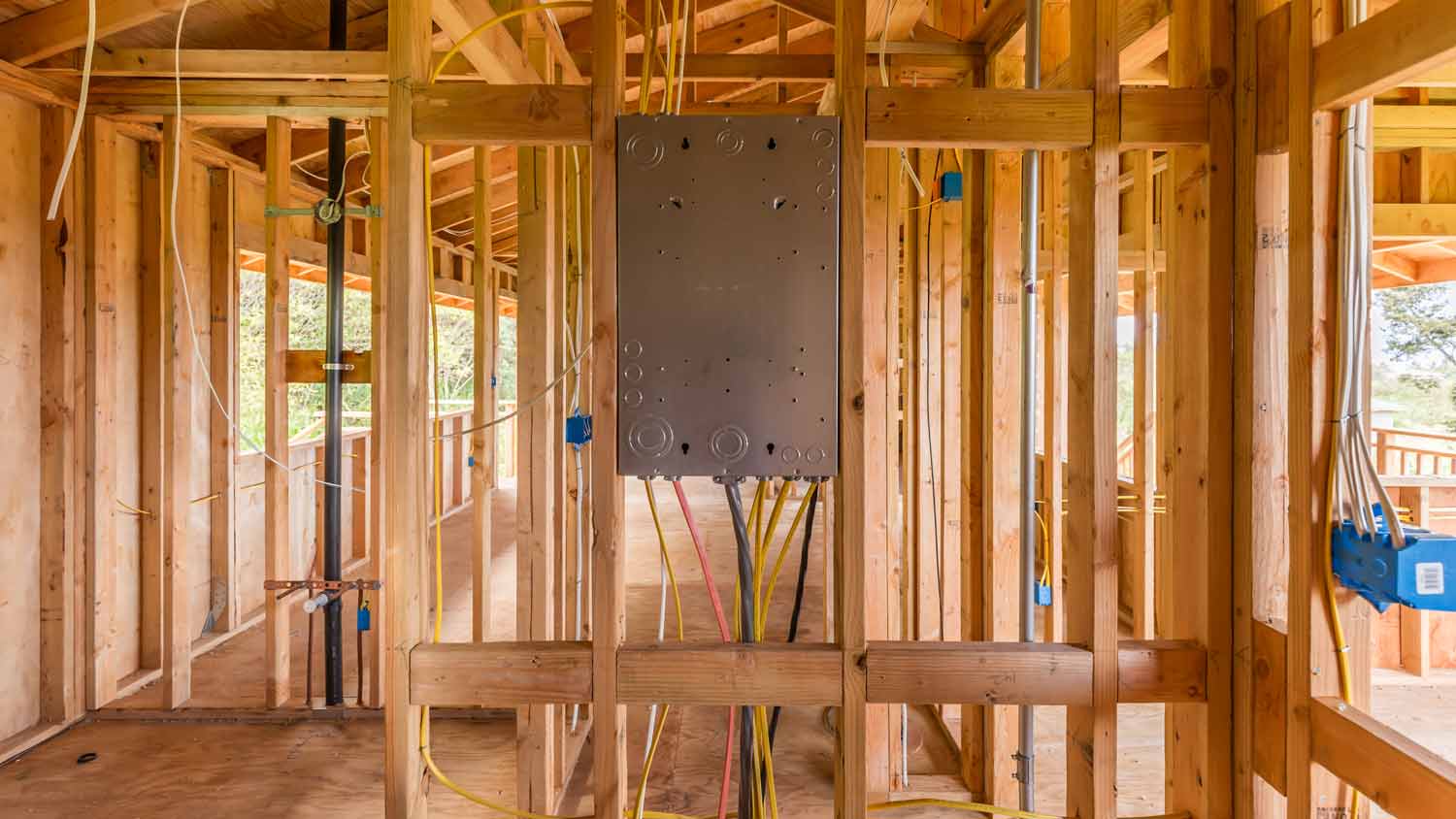Why You Need a Home Electrical Inspection Before Buying a Home
You need a home electrical inspection to verify the safety of your house's entire electrical system


Home buying is an exciting and tense process. You’re trying to make a practical decision that involves safety and budget issues while avoiding falling in love with the perfect neighborhood. Do yourself a favor and look past the white picket fence and dive into the health of the property’s electrical system. An electrical safety inspection pinpoints issues big and small and is well worth your time and money to make the appointment.
What Is an Electrical Inspection?
If you’re a home buyer who likes to know every nook and cranny before buying a property, hiring an electrical contractor to inspect the house before the sale closes could save you thousands of dollars and plenty of sleepless nights worrying about fire safety. Certified inspectors look at the security of the house’s entire electrical system.
They review all wires, systems, and appliances to see if they meet legal standards and the National Electrical Code (NEC). After the electrical home inspector finishes, they’ll prepare a detailed report, including a list of prioritized repairs and updates.
Most electrical home inspectors charge a flat fee for their services, costing between $110 to $125 per session, but the price could increase if you have a large house.
Why Do You Need an Electrical Inspection?
Here’s a fact from the National Fire Protection Association: Faulty electrical distribution is the third most common cause for a house fire. That’s a pretty good reason to invest in an electrical inspection. Basically, safety concerns are the number one reason to hire an electrical inspector. Other than being on the verge of buying a house, there are specific times to have the property inspected.
If the house is 40 years old or older
Adding a new, large appliance
During a major home renovation
Savings on energy costs
For home insurance requirements
Who Performs Electrical Inspections?

Most traditional home inspectors have a good grasp on what a safe electrical system should look like, but there are circumstances when they’ll recommend hiring an electrician. For example, if the house is old with challenging systems like knob-and-tube wiring.
Your home insurance company may also ask to have an electrician come in and verify its safety. Of course, if you just want to have one less thing to worry about during the home buying process, you can schedule an electrician to show you all is well. Later, after you own the home, you can schedule a yearly electrical inspection to catch any minor issues that pop up.
What Do Electrical Inspectors Look For During the Inspection?
Inspectors look for all electrical problems, big, small, old, and new, that could affect your safety and the house’s integrity. It’s routine for inspectors to find issues with previous DIY work done by homeowners and mistakes made by professional building contractors. If you’re a first-time home buyer, this is an excellent chance to learn everything you can about your home’s electrical system.
They’re also looking for common big picture problems like outdated aluminum wires and knob-and-tube wiring, oversized fuses and breakers, and worn-out electrical components. More specifically, they’ll keep an eagle’s eye look out for:
Hazards involving electrocution and shock
Functioning arc fault circuit interrupters (AFCIs)
Conditions of wall and switch outlets
The grounding system’s safety
Exterior lighting and outdoor electrical systems
Proper surge protection
Problems with the electrical panel
Testing and placement of smoke and carbon monoxide detectors
What Happens After the Electrical Inspection?
After leaving no electrical safety measure unchecked, the electrical inspector prepares a detailed report of what they found and how to fix the problems. They usually group the issues by level of necessity: what needs immediate attention, what could be improved, and what has the potential for an upgrade soon.



.jpg?impolicy=leadImage)

- Home Generator Repair
- Lamp Repair
- Electric Repair
- Generator Installation
- TV Antenna Services
- Emergency Electricians
- Commercial Electricians
- Attic Fan Installation
- Attic Fan Repair
- Exhaust Fan Installation
- Electric Inspectors
- Subcontractors
- Electrical Construction
- EV Charger Installer
- Chandelier Installation
- Doorbell Installation
- Bathroom Fan Installation
- Ring Installers
- Electrical Panel Upgrade














